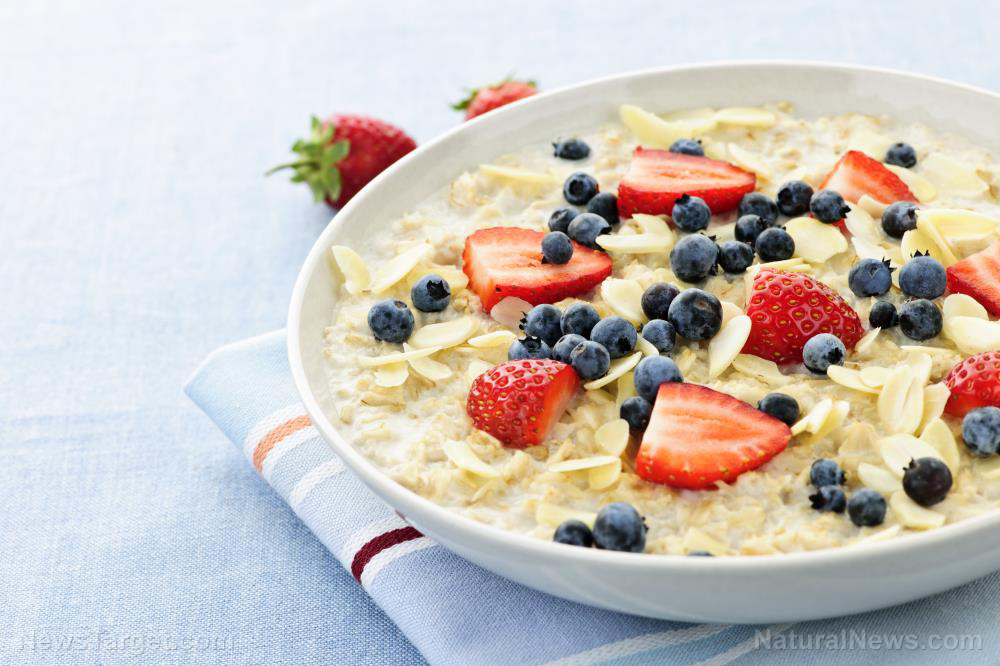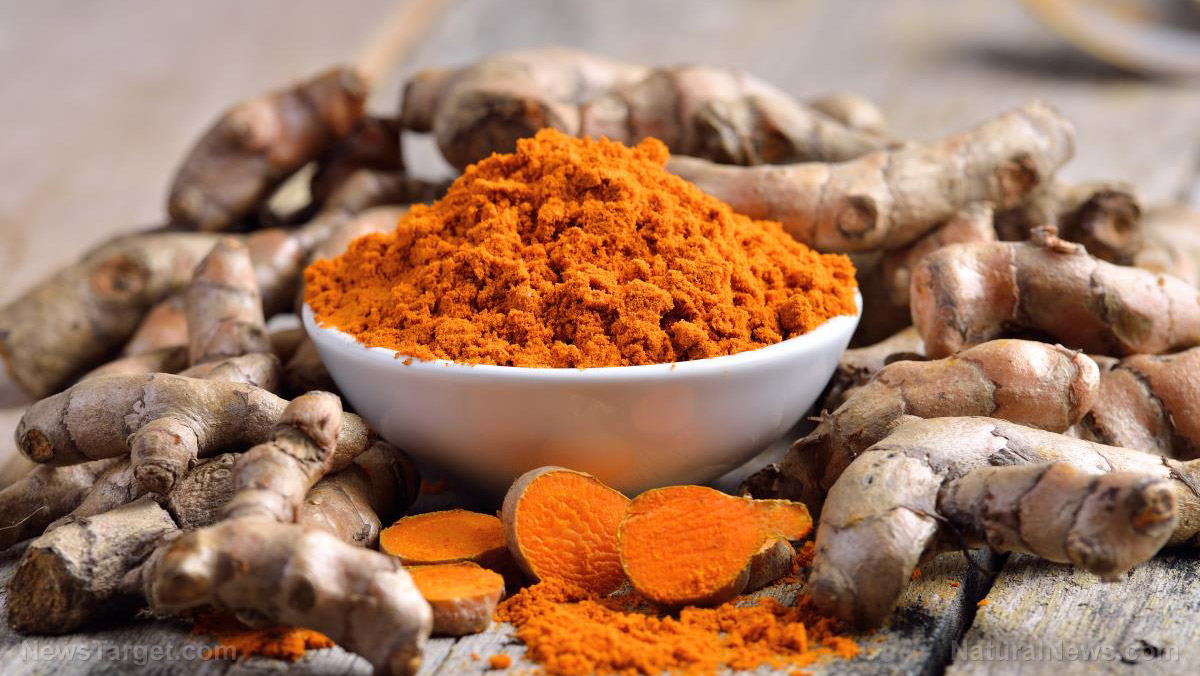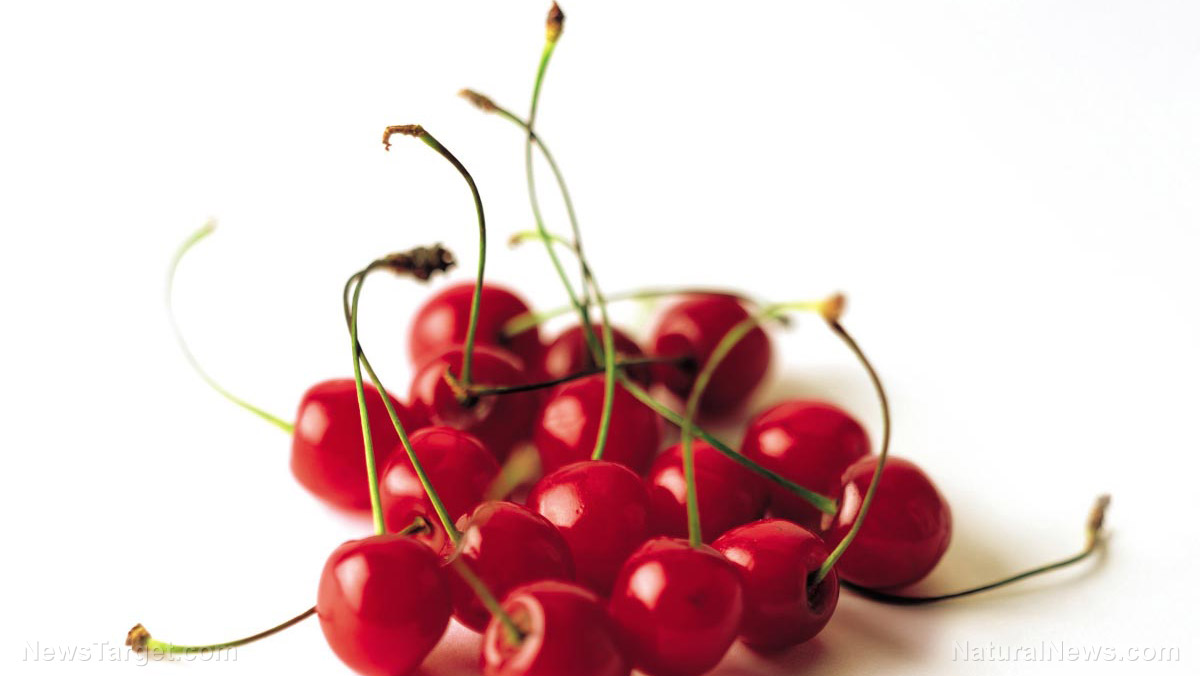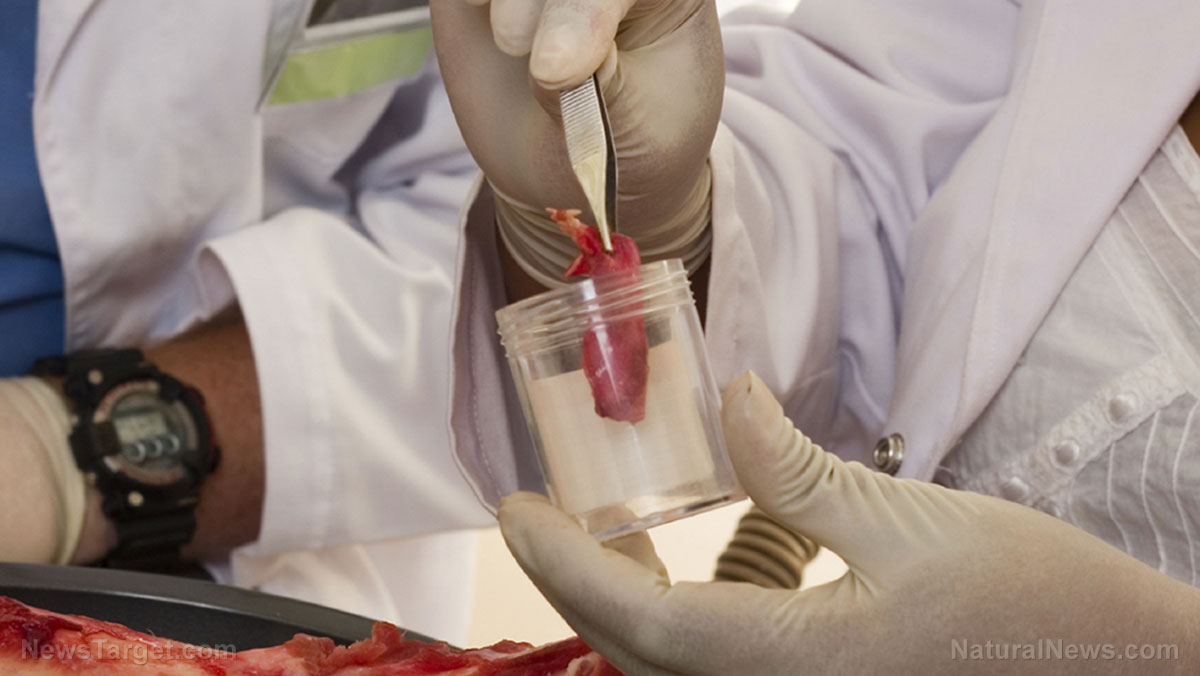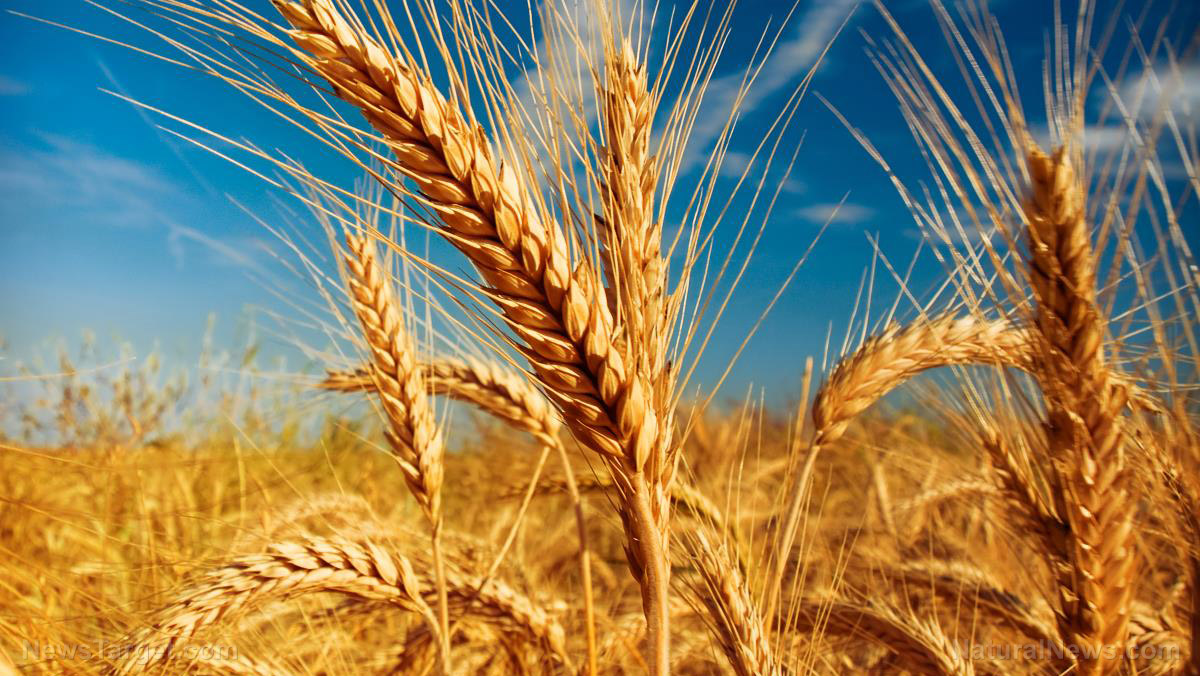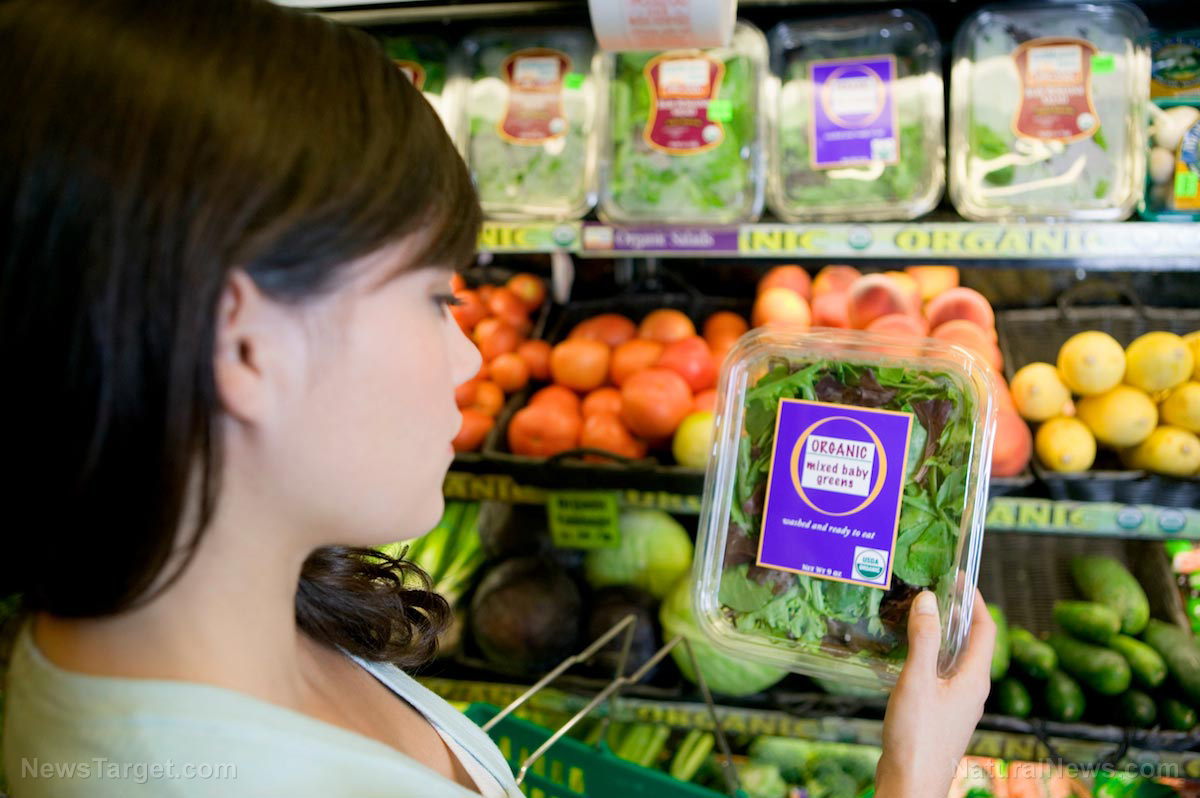Study: Consuming apples, oranges and strawberries can help people with Parkinson’s disease live longer
07/06/2022 / By Zoey Sky

A balanced diet should include nutritious fruits like apples and berries, which are full of beneficial compounds like antioxidants. A study published in the journal Neurology suggests that consuming a portion of strawberries every other day can also help extend the lives of people with Parkinson’s disease.
Drinking tea and orange juice and eating apples may offer the same benefits.
Fighting Parkinson’s disease with fruits
In the study, researchers discovered that fruits like berries are rich in antioxidants that can protect brain cells, which normally die off in people with Parkinson’s disease, from damage.
These antioxidants include flavonoids, which can help relieve inflammation and treat different health issues, like diabetes and high blood pressure. Many healthy foods contain flavonoids.
For the study, researchers from the Pennsylvania State University tracked the diets of 1,250 volunteers with Parkinson’s for three decades.
They found that those who consumed at least 673 mg of flavonoids per day were 70 percent more likely to be alive by the end of the study. This is the equivalent of eating one container of strawberries or six apples per day.
The researchers explained that the study findings were “exciting” because they also suggest that consuming at least three servings a week of fruits could benefit those with Parkinson’s. The research team also thinks consuming red wine may offer benefits because it is full of beneficial flavonoids.
Parkinson’s disease symptoms
Parkinson’s disease gradually gets worse over time as more brain cells die. Eventually, people with Parkinson’s will have a difficult time doing day-to-day tasks.
Early signs of Parkinson’s may include:
- Constipation
- Dizziness or fainting
- A soft or low voice
- Loss of smell
- Trouble sleeping
- Tremors in the hands or chin
- Difficulty moving or walking
- Stooping or hunching over
Parkinson’s can also lead to muscle shaking and stiffness. Treatment usually focuses on managing symptoms because there is no cure for the condition.
People with Parkinson’s are expected to live to a near-normal age due to advances in treatments. The condition affects around one in 330 in the U.S. and one in 500 people in the United Kingdom.
Most individuals with Parkinson’s are 50 or older.
Flavonoids and Parkinson’s
Since the Penn State study was observational, it did not focus on why strawberries and other fruits have a protective effect on people with Parkinson’s. Xiang Gao, an epidemiologist who led the study, acknowledged that continued research is needed to understand why flavonoids can help with Parkinson’s.
According to Gao, the study suggests that adding several servings of berries, apples, oranges and tea to the weekly diet of individuals with Parkinson’s is an easy and low-risk way to improve their clinical outcomes.
Study participants included people with Parkinson’s who had an average age of 72 and were evenly split between men and women. The volunteers were drawn from major studies that began in 1986 and were then tracked up to June 2018.
Over the 32 years of the study, a total of 944 people (75 percent) died.
All the volunteers filled in questionnaires on their diets every two to four years. The researchers then used the data to estimate how much flavonoids they were consuming per day.
The participants were also divided into four groups based on their intake. The lowest consumers consumed 134 mg a day while the highest consumed 673 mg daily.
The research team said that these brackets were “extreme” and that the effects were not as stark among men. They observed a difference in survival rates between the two groups based on daily intake.
The researchers also studied if consuming three portions of berries a week had a protective effect. (Related: Determining the optimum formulation of Chinese herbal medicine against Parkinson’s disease.)
Results showed that participants who consumed more berries were less likely to die by the end of the study than those who only consumed one serving of berries a month.
The study didn’t account for other life factors like weight, smoking and socioeconomic status. Other studies have also suggested that flavonoids can help prevent Parkinson’s and other diseases.
Another paper by Gao published in 2012 showed that consuming strawberries cut the death risk of men who have Parkinson’s by as much as 40 percent.
Healthy eating tips for seniors
Following a balanced diet is key to maintaining your overall health as you age.
Here are some healthy eating tips for seniors, especially if you want to prevent conditions like Parkinson’s disease.
- Eat more fruit and vegetables. Fruits and vegetables are full of dietary fiber and nutrients and are fairly low in calories. While it’s best to eat fresh produce, you can also consume frozen or canned fruits and vegetables. If slicing or cutting is difficult for you, buy pre-sliced fruits and vegetables.
- Eat different sources of protein. When buying groceries, opt for lean meats, poultry, fish, beans and peas as dietary sources of protein. Vegetarian protein gives you the nutrients, but minus the saturated fats from some meats. Protein is important because it gives you energy and helps keep your bones, muscles and skin healthy.
- Switch to whole grains. Whole grains are full of dietary fiber, which is essential for a healthy diet and helps reduce your risk of heart disease and high cholesterol.
- Limit your intake of extra salt. Instead of seasoning food with salt, use various herbs and spices to give meals a natural flavor boost. Experiment with flavorful herbs like basil, rosemary and sage and spices like paprika and turmeric.
- Stay hydrated. Your sense of thirst can decrease as you age, so drink water regularly to prevent dehydration.
Visit FoodIsMedicine.com to learn more about other nutritious fruits that can help boost your overall health.
Watch the video below to know more about herbal and natural treatments for Parkinson’s disease.
This video is from the Holistic Herbalist channel on Brighteon.com.
More related stories:
Cutting gluten from your diet significantly improves symptoms of Parkinson’s disease.
Sources include:
Submit a correction >>
Tagged Under:
alternative medicine, antioxidants, apples, berries, brain health, flavonoids, food cures, food is medicine, food science, fruits, longevity, natural cures, natural medicine, Oranges, Parkinson's Disease, Parkinsons, phytonutrients, research, Strawberries, tea
This article may contain statements that reflect the opinion of the author
RECENT NEWS & ARTICLES
COPYRIGHT © 2017 FOOD SCIENCE NEWS





